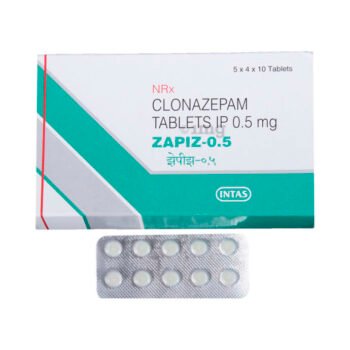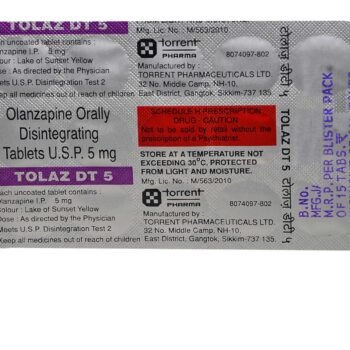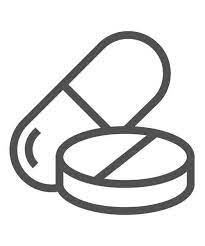INTRODUCTION OF GLIPIZIDE
Glynase-MF Tablet may be used by itself or along with other medicines. It should be taken on an empty stomach. Take it regularly at the same time each day to get the most benefit. Your doctor will decide what dose is best for you and this may change from time to time according to how it is working.
Keep taking this medicine, even if you feel well or your blood sugar levels are controlled. If you stop it without consulting your doctor, your blood sugar levels could rise and put you at risk of kidney damage, blindness, nerve problems and loss of limbs. Remember that it is only part of a treatment program that should also include a healthy diet, regular exercise, and weight reduction as advised by your doctor. Your lifestyle plays a big part in controlling diabetes.
The most common side effects of taking this medicine include nausea, headache, and dizziness. It can also sometimes cause low blood glucose levels (hypoglycemia). Make sure you recognize the signs of having low blood glucose levels, such as sweating, dizziness, headache, and shaking and know how to deal with it. To prevent this, it’s important to have regular meals and always carry a fast-acting source of glucose such as sugary food or fruit juice with you. Drinking alcohol can also increase your risk of low blood sugar levels and should be avoided. Some people may find that they put on weight with this medicine.
You should not take it if you have type 1 diabetes mellitus, if you have diabetic ketoacidosis (high levels of acid in your blood), or if you have severe kidney or liver disease. Before taking this medicine, tell your doctor if you have ever had heart disease, thyroid disease or some hormonal conditions. It may not be suitable. Pregnant or breastfeeding women should also consult their doctor before taking it. Your blood sugar levels should be checked regularly and your doctor may also advise blood tests to monitor your blood cell counts and liver function.
INTRODUCTION OF METFORMIN
Glynase-MF Tablet is best taken with food to avoid nausea and abdominal pain. You should take it regularly, at the same time each day, to get the most benefit. You should not stop taking this medicine unless your doctor recommends it. Your lifestyle plays a big part in controlling diabetes. Therefore, it is important to stay on the diet and exercise program recommended by your doctor while taking this medicine.
The most common side effects of this medicine include nausea, vomiting, taste change, diarrhea, abdominal pain, and loss of appetite. Some people may develop hypoglycemia (low blood sugar level) when this medicine is taken along with other antidiabetic medicines, alcohol, or upon skipping a meal. Monitor your blood sugar levels regularly while taking it.
Before taking this medicine, inform your doctor if you have any kidney, liver, or heart problems. Pregnant or breastfeeding women should also consult their doctor before taking it. Your doctor will check your kidney function tests before starting treatment with it. Avoid excessive alcohol intake while taking it as this may increase the risk of developing some side effects.











Reviews
There are no reviews yet.